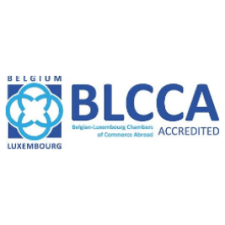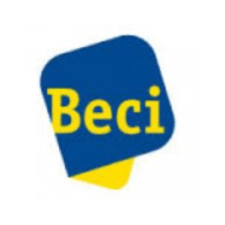

Costa Rica is well known around the world. It is a worldwide top touristic destination. And, at different points in time, the eyes of the world have turned to Costa Rica: when former President Oscar Arias was awarded the Nobel Peace Prize for his role in putting an end to the civil wars that were tearing Central America apart, the name “Costa Rica” was heard around the world; when Intel decided to set up a manufacturing operation in Costa Rica, economists, investors and policy makers around the world took notice. The environmental community is aware of Costa Rica’s pioneering conservation policies.
At the same time, some of Costa Rica’s key features and achievements are quite unknown on the world stage. Costa Rica abolished its armed forces over 60 years ago and has never looked back, relying exclusively on international law and legal institutions to ensure its safety and territorial integrity. While war was raging from Guatemala to Nicaragua, Costa Rica was not only reaping a “peace dividend” that allowed it to build both its educational and national health systems, but also played a crucial role in bringing both peace and democracy to the region.
Severely impacted, like many Latin American countries, by the economic crisis of the 80s, Costa Rica was able to restore order to its public finances and overcome the external debt crisis at the same time that it jump started an outward oriented, pro-growth policy, and protected its social institutions, combining universal access programs - unfashionable at that time - with targeted programs for its most vulnerable cities. If the 90s were the “lost decade” for Latin America, for Costa Rica they were a decade of growth, diversification and institutional modernization. Macroeconomic stability was restored through responsible fiscal and monetary policies, but the policy mix was heterodox, with a pro-growth policy stance that proved very successful and careful shielding of social welfare institutions and policies throughout the adjustment process. As a result, the economy stabilized and poverty levels were reduced in half at the same time.
Back to homepage ->









